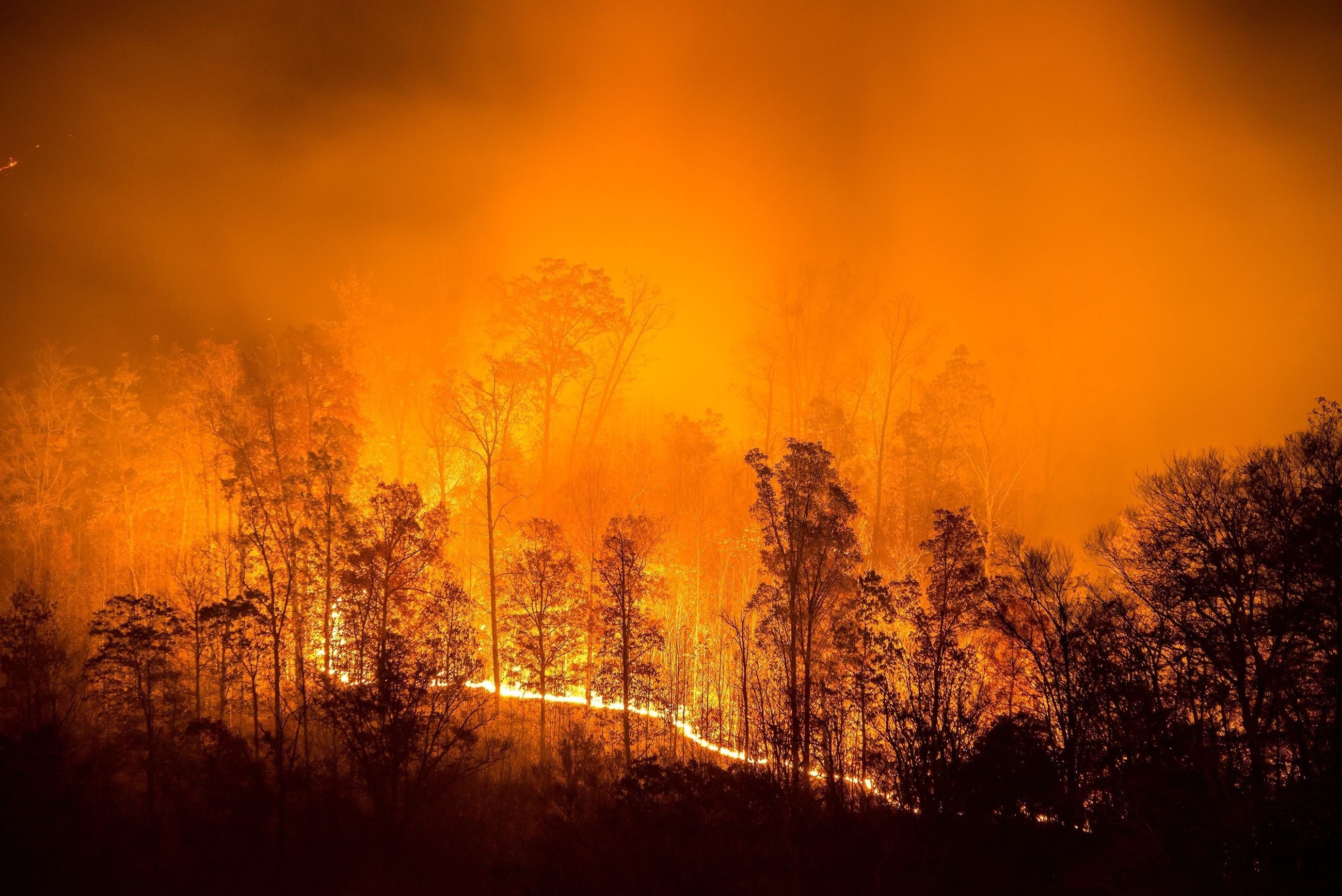
It’s easy to see why many hemp growers opt to grow their crop in greenhouses. Greenhouses can offer hemp producers much more control over their growing environment and can even help extend the growing season.
However, the growing environment is only part of the equation for achieving success. Growers looking to succeed in the hemp industry must be equally intentional about their investments in plant genetics.
So, what should growers look for when selecting the best hemp cultivars for a greenhouse environment?
According to a recent article in Greenhouse Management Magazine, industry expert Paul Frank recommends paying close attention to the details in the Certificates of Analysis (COAs), carefully considering strain characteristics, analyzing lot purity, evaluating germination rates, and understanding parent genetics. Frank is the CEO if Hemp Solutions of Minnesota.
Industry expert Paal Elfstrom added to Frank’s advice. Elfstrom owns and operates Wheatfield Farms in New York State.
“Genetic stability, plant uniformity and vigor, these are typical plant characteristics that any greenhouse grower, whether it’s for perennials or cannabis, is seeking out,” Elfstrom reportedly said. “We also look for the proper flower to leaf ratios, since we are trying to grow the highest amounts of cannabinoids.”
However, a cultivar’s suitability to the environment where it will be grown may be one of the most important factors to consider. Although a greenhouse environment can help a hemp producer control many aspects of the growing conditions, there can be some significant challenges specific to this environment that may be helpful to consider.
Henry Huntington reportedly told Hemp Industry Daily that humidity is a concern for hemp production in a greenhouse environment. Huntington is the president and CEO of lef Farms, which produces leafy greens, including baby hemp greens, in New Hampshire.
“Our baby greens grow so fast, they transpire like little fog machines,” Huntington reportedly explained.
Because a greenhouse can be such a humid growing environment, many growing operations reportedly struggle with powdery mildew and other fungal pathogens. It can be especially difficult for growers to rise to this challenge because they can experience difficulties accessing the proper fungicides to combat the pathogens.
Federal approval is needed before growers can use any type of pesticide. Progress toward these approvals has been slow going, which may leave hemp growers with fewer options than they might have had with a different crop.
Research support specialist Nicholas Kaczmar and his team within the Horticulture Department at Cornell University study commercial hemp production systems.
He told Greenhouse Management Magazine, “Commercial growers are looking for robust resistance to fungal pathogens like powdery mildew and botrytis, mostly because there just aren’t many products labeled for use in hemp or cannabis.”
One of the other major factors for growers to consider may be the likelihood of their crop going hot. Research from Cornell University recently found that genetics, not field conditions, is the reason some hemp crops develop more THC than legally allowed. A hemp crop that is more than 0.3% THC is called a “hot crop,” and typically must be destroyed.
Because a hot crop can be a significant loss to a grower, Kaczmar told Greehouse Management Magazine that growers should make sure that they select a cultivar with genetics that are completely THC-compliant.
“Make sure your THC levels are low enough that you’re not always worried about the hemp going hot,” he reportedly said.
Growers looking to produce hemp in a greenhouse environment must juggle numerous considerations when selecting the cultivar of their crop. The genetics of a hemp crop can affect its appearance, smell, resistance to pathogens, amount of cannabinoids, and other factors. With significant differences between one cultivar and another, it may be easy to see how the success or failure of a particular crop could all boil down to genetics.
Sources
[1] https://www.greenhousemag.com/article/plants-greenhouse-hemp-success-hinges-on-genetics/
[2] https://hempindustrydaily.com/hemp-baby-greens-may-be-the-next-salad-superfood-researchers-say/
[3] https://news.cornell.edu/stories/2020/01/genetics-not-field-conditions-makes-hemp-go-hot
[4] https://hempindustrydaily.com/4-considerations-before-choosing-pesticides-for-hemp-production/







































